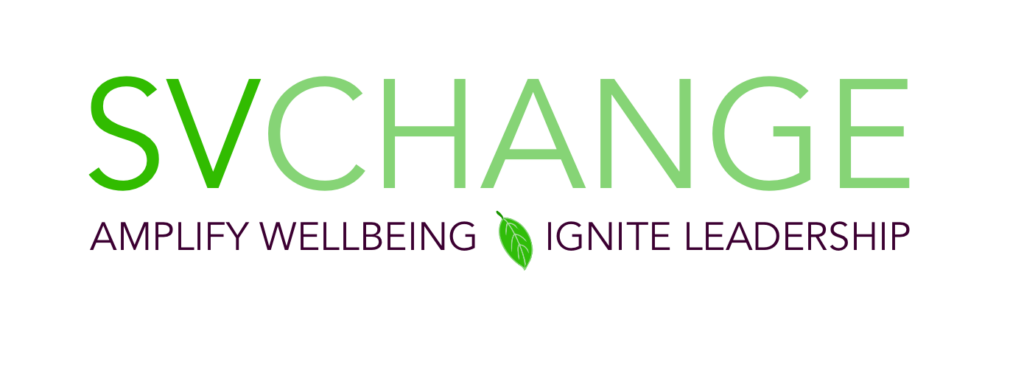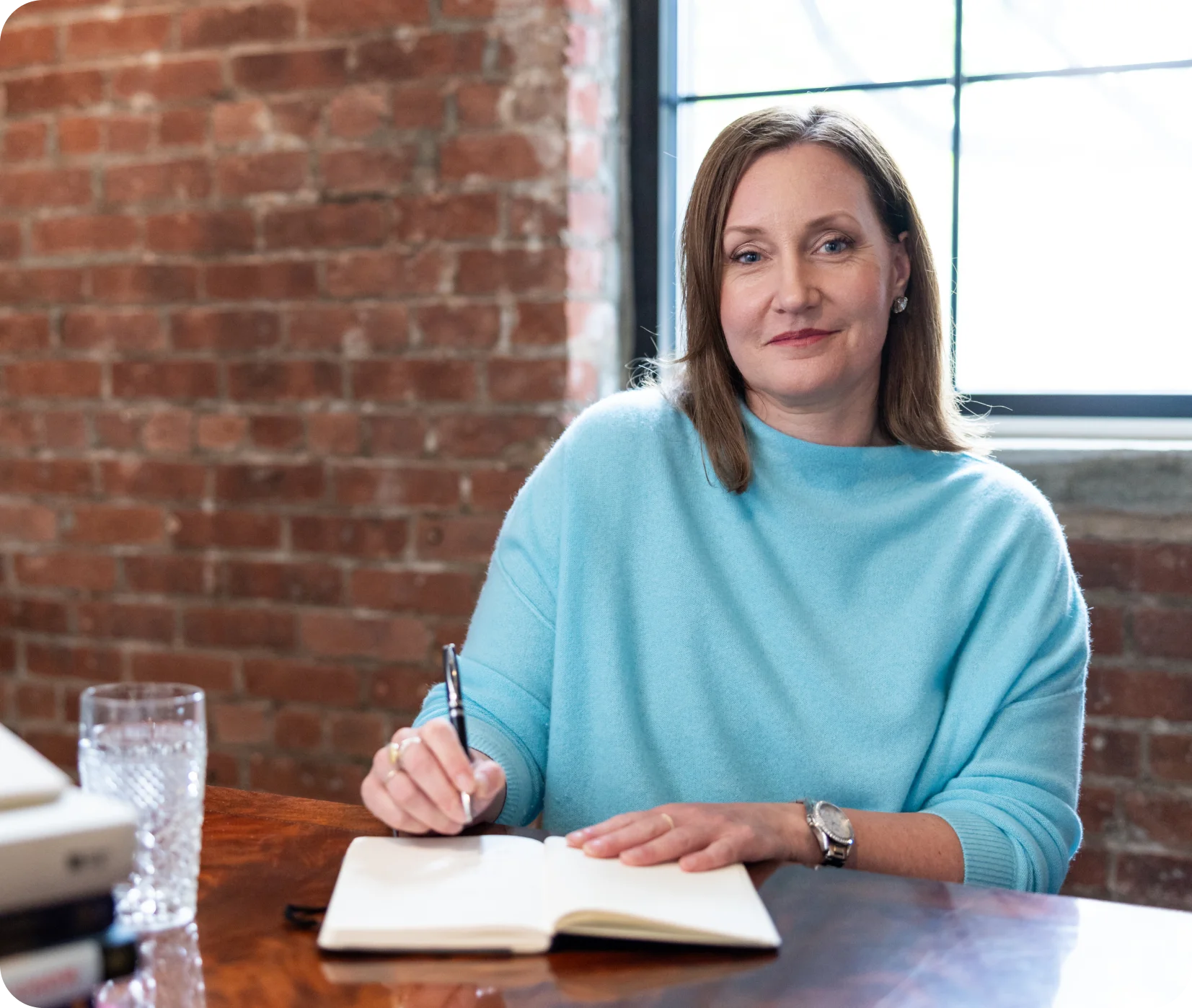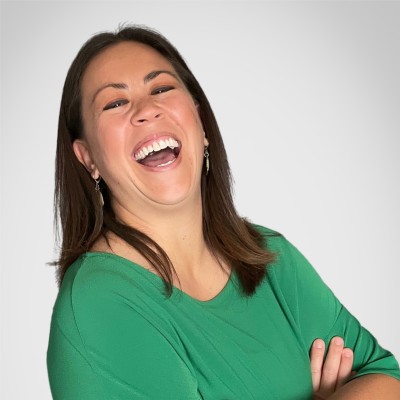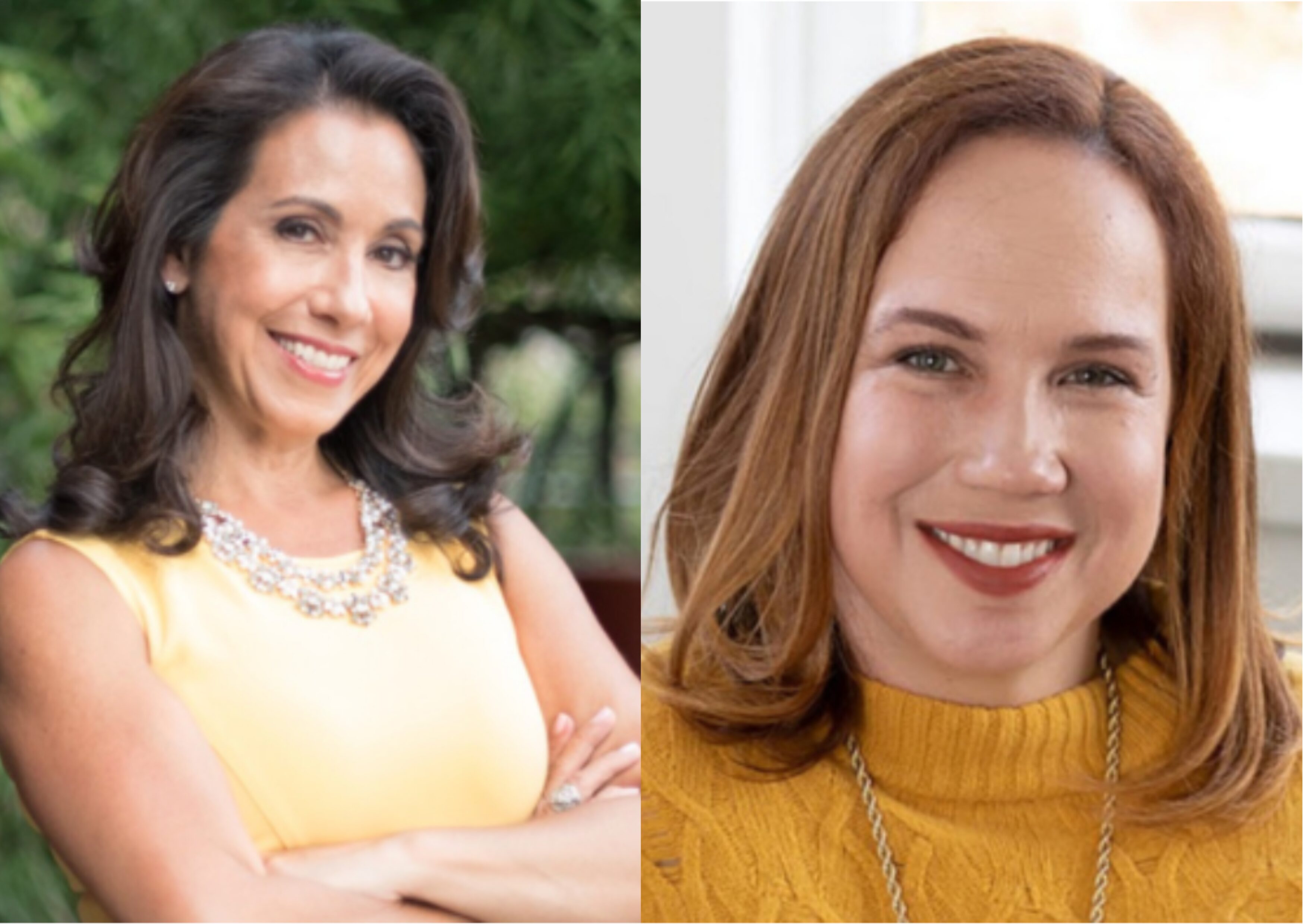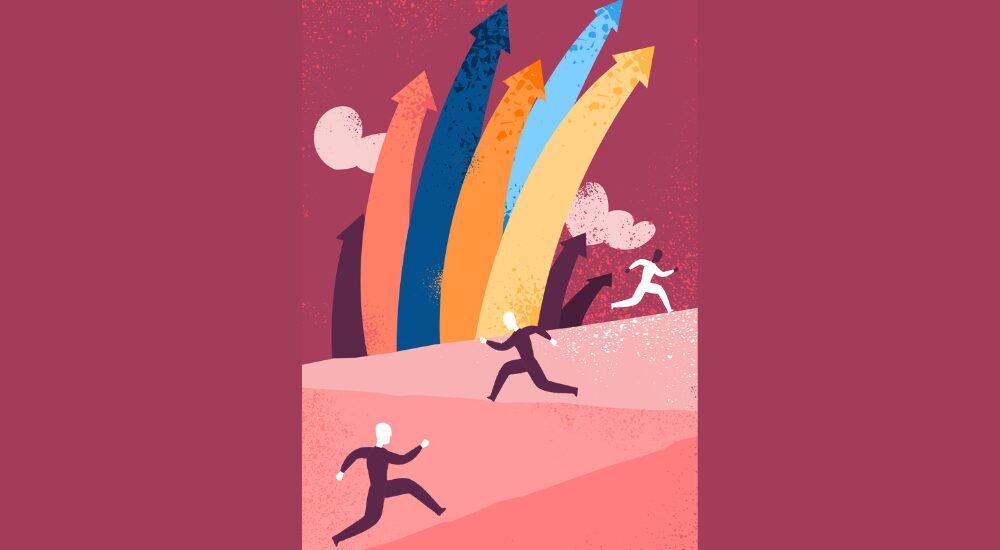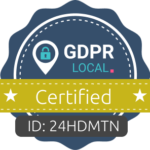with Sonya Looney
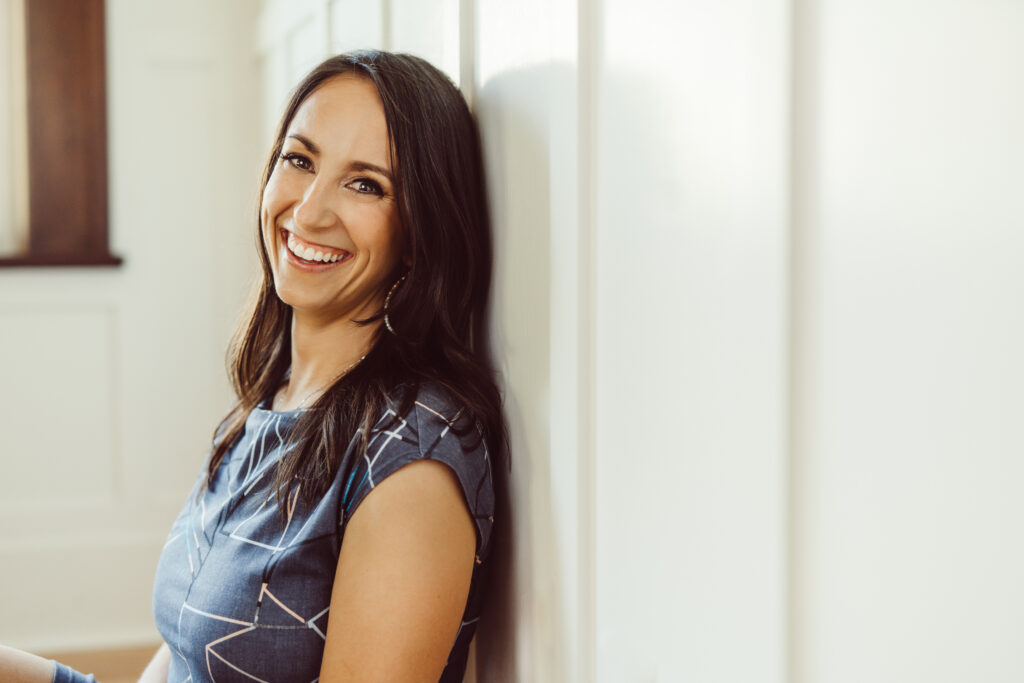
Have you considered the role of learning in your life? In this episode of What’s Possible, I was lucky to sit down with Sonya Looney to discuss our transformative experience in the Master of Applied Positive Psychology (MAPP) program at the University of Pennsylvania.
Sonya, a renowned professional athlete and an ardent advocate for well-being, joins us to explore how lifelong learning and personal development significantly enhance our emotional and mental health.
MAPP and It’s Impact
Sonya Looney is much more than a world champion mountain biker; she is a beacon of resilience and positive transformation. Her journey through the MAPP program has further solidified her commitment to promoting well-being, not just in sports but in every walk of life.
Sonya’s background in electrical engineering and her shift towards positive psychology highlight her dedication to understanding and enhancing human potential. But why MAPP? The MAPP program is designed to deeply immerse participants in the science of well-being, equipping them with the tools to foster personal and community growth.
This rigorous academic journey combines theory with practical applications, encouraging students to apply positive psychology principles in various aspects of life. Both Sonya and I have experienced firsthand how this program challenges and expands one’s perspective on what it means to live a fulfilled life.
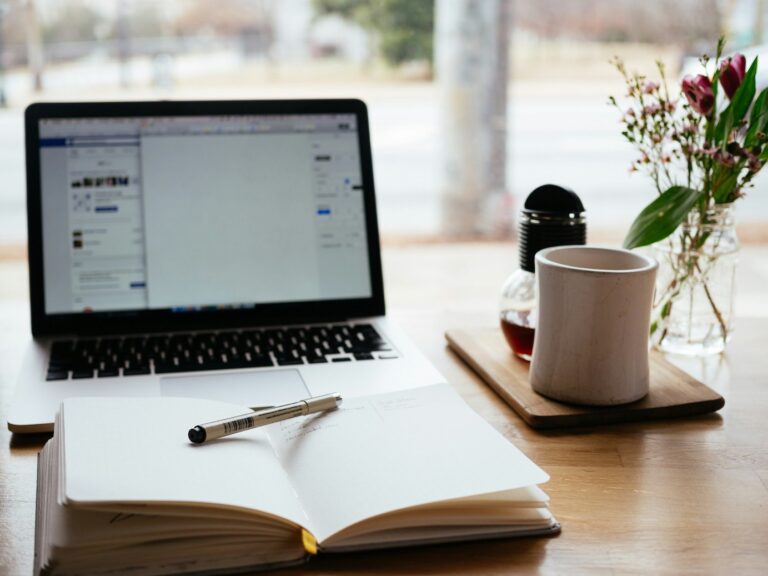
Actionable Steps Toward Lifelong Learning
Lifelong learning isn’t just about accumulating knowledge; it’s about enriching your life and the lives of those around you. Here are some actionable steps inspired by our conversation that you can take to engage more deeply in lifelong learning:
Explore New Interests: Just like Sonya transitioned from engineering to positive psychology, don’t be afraid to step out of your comfort zone and explore new fields. This can be as simple as picking up a book on a topic you know little about or enrolling in a workshop or course that piques your interest.
Engage with Diverse Communities: Intergenerational relationships and insights from diverse groups can offer fresh perspectives and invigorate your thinking. Seek out communities and forums where you can learn from individuals with different backgrounds and experiences.
Practice Creative Expression: Whether through art, music, writing, or any other form, creative expression is a powerful tool for emotional and mental well-being. It helps articulate and process feelings and ideas in ways that conventional dialogue cannot.
Set Learning Goals: Similar to setting fitness or career goals, establish objectives for your intellectual growth. Whether it’s mastering a new skill, achieving a certification, or simply learning a new language, having clear goals can provide direction and motivation.
Reflect Regularly: Take time to reflect on what you’ve learned and how it applies to your life. Reflection deepens understanding and enhances the application of knowledge, turning abstract concepts into useful tools for everyday life.
Learning the Journey
Whether you’re feeling stagnant or just looking for a little inspiration, embracing new learning opportunities can provide that much-needed spark. It’s about more than just personal growth; it’s about transforming the way we interact with our world and fostering a life rich in purpose and joy.
As we continue to explore what’s possible, let’s remind ourselves of the joy that comes from curiosity and the pursuit of knowledge. Join us on this journey, and let’s transform the very act of learning into an adventure of its own.
I hope this conversation with Sonya Looney inspires you as much as it has inspired me. Lifelong learning isn’t just an academic concept; it’s a vibrant, vital approach to life that all of us can embrace. Let’s keep pushing the boundaries of what we know, continually evolving, and turning every day into an opportunity to learn and grow.
Want to have a deeper conversation about how to implement these steps? Send me a message, I’d love to hear from you!
